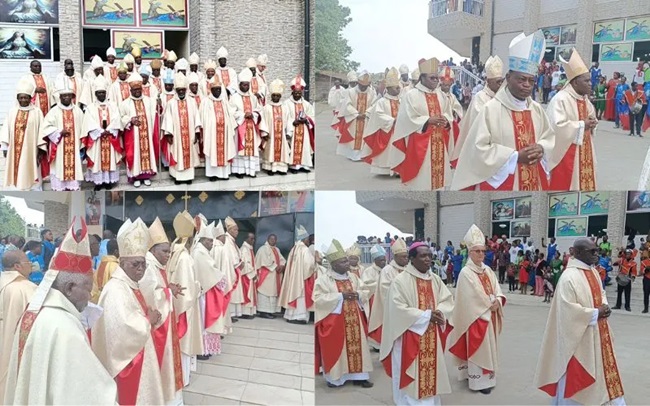Privacy Overview
This website uses cookies so that we can provide you with the best user experience possible. Cookie information is stored in your browser and performs functions such as recognising you when you return to our website and helping our team to understand which sections of the website you find most interesting and useful.


















25, July 2019
Tunisia’s president Beji Caid Essebsi dies aged 92 0
Tunisia’s 92-year-old president, Beji Caid Essebsi, who helped guide the North African country’s transition to democracy after a 2011 revolution, has died.
A leading figure in the country’s fortunes since 2011, Essebsi was hospitalized late last month and spent a week in hospital after suffering what authorities described as a severe health crisis.
“On Thursday morning, the President of the Republic died at the military hospital in Tunis … The burial ceremony will be announced later,” the presidency said in a statement.
According to the constitution, the speaker of parliament will temporarily serve as president.
Essebsi has been a prominent politician in Tunisia since the overthrow of former dictator Zine El Abidine Ben Ali in 2011, which was followed by uprisings against Arab monarchies across the Middle East, including in nearby Libya and Egypt.
Drafted in as prime minister in 2011 after Ben Ali was toppled, Essebsi was elected president three years later, becoming the country’s first directly elected head of state after its uprising.
Parliamentary elections are expected to be held on October 6 with a presidential vote following on November 17. They will be the third set of polls in which Tunisians have been able to vote freely following the 2011 revolution.
The presidency further called on Tunisians to unite and safeguard their country’s present and future.
“After the revolution, the president led the people to avoid confrontation and led the democratic transition and was keen to build and complete the constitutional institutions,” said the presidency.
The North African country has been hailed for its relatively smooth democratic transition with a new constitution, free elections and a coalition government, but it is still experiencing economic and political turbulence.
Source: (Reuters)